Guy Figures Out Lottery "Hack" and Walks Away With $26 Million
Updated April 15 2020, 11:03 p.m. ET
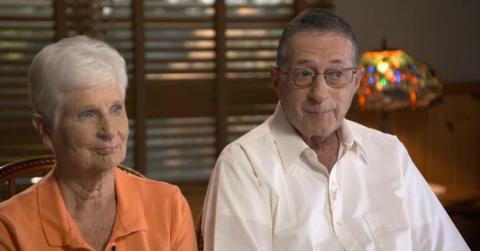
Jerry and Marge Selbee might as well be unicorns: they're multiple lottery winners.
But their story isn't the typical, "woo-hoo I bought a ticket and now I have all this money and wait now I don't months later and I'm even more depressed than I was before!" It's actually a heck of a lot more interesting than that.
Because Jerry and Marge weren't taking any chances or wishing upon a star when they played.
They knew they were going to win. The only question was, how much.
For them, it was a game of odds, and it all started back in 2003. Jerry had graduated from college with a degree in mathematics and was a pretty clever guy when it came to analyzing numbers, especially odds. So he couldn't help but set the wheels turning in his head when he first heard of a lottery game in his home state of Michigan called Winfall.
Winfall had a "roll down" stipulation: if someone didn't win that $5 million jackpot, the money would be evenly distributed amongst winners who guessed five, four, or three numbers correct.
For many, they'd play their few tickets and hope for the best. But Jerry saw it as a prime opportunity and an exercise in statistical analysis: the more money he put in, the greater profit he'd turn.
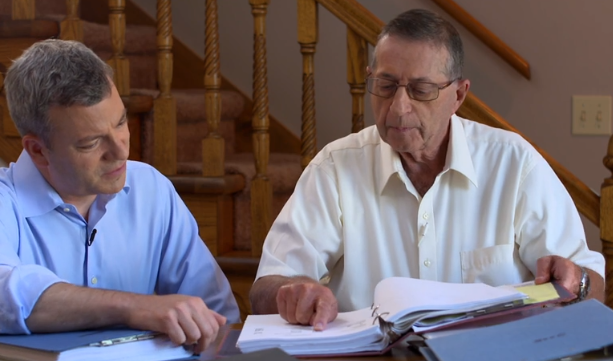
The first time he played Winfall, he bought a whopping $3,600 of tickets. His winnings? $6,300. Not bad to earn $2,700 for a few hours of work. He decided to play the game again, only he invested even more money.
The result was an even greater yield: he nearly doubled the $8,000 he put in. After informing his wife of his back-to-back wins, they began investing hundreds of thousands of dollars into lottery games.
They eventually set up a company called GS Investment Strategies and started selling shares at $500 a pop to their close friends and family members. They eventually assembled a team of 25 investors who all pitched in during Winfall's roll-down weeks.
The game was eventually closed in Michigan due to not enough people playing, but that didn't stop Jerry and Casey from heading to Massachusetts to play the game whenever it was available.
Seven times a year, Jerry and Marge would bring all their tickets into a hotel room and sort through them for 10 hours at a time, 10 days in a row. They'd play over $600,000 each time and earned sizable returns every time they played. It was guaranteed income, all it took was some tedium and meticulous attention to detail.
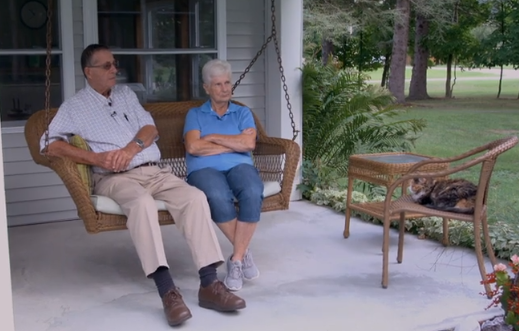
Although many are impressed with Jerry and Marge's dedication, along with the mathematician's ability to approach the game in such an analytical matter, Jerry is just surprised more people weren't doing what he was doing:
"It is actually just basic arithmetic. It gave you the satisfaction of being successful at something that was worthwhile to not only us personally but to our friends and our family. The only thing I found really remarkable is nobody else really seemed to grasp it."
For years, the Selbees and their investment team were profiting heavily from the lottery and enjoying the fruits of their labor. That is, until 2011 when the Boston Globe was tipped that someone may have found a way to cheat the system behind the Winfall lottery: the Selbees and a group of other MIT math majors.
The group of MIT brainiacs managed to collect a whopping $3.5 million in profit from the games and played some $17 million total.
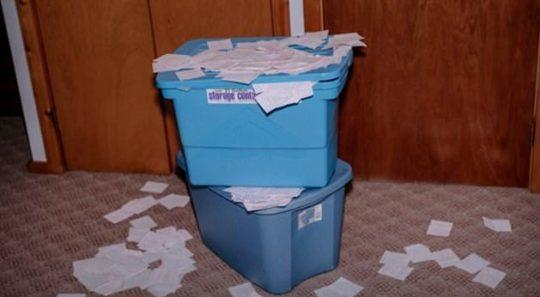
That was, until the state treasurer of Massachusetts shut the game down after conducting an investigation into whether the Selbees and the MIT team were guilty of any tomfoolery or violating the game's rules.
Their investigation revealed the game's outcome wasn't affected by high-volume betting and no crimes were committed. They were free to "monopolize" the lottery for as long and often as they liked.
The gross lottery earnings for their company was $26 million, with $8 million in profits from all the tickets they purchased, sifted through, and played. The convenience store owners said they used their winnings to renovate their home and pay for school for their six children, 14 grandchildren, and 10 great grandchildren. Isn't that wholesome?
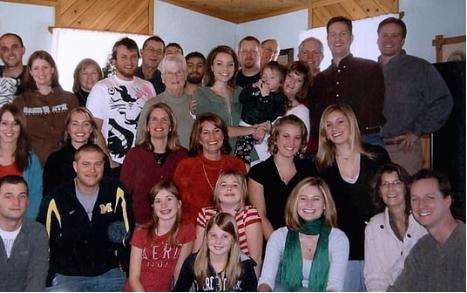
If you'd like to learn more about the Selbees' story, you might soon get to see it unfold on the silver screen. They just sold their rights to producers who plan on creating an "inspired by real events" Hollywood masterpiece. I hope Danny DeVito's in it and he plays a big lottery ticket. That'd be amazing. (h/t 60 Minutes)